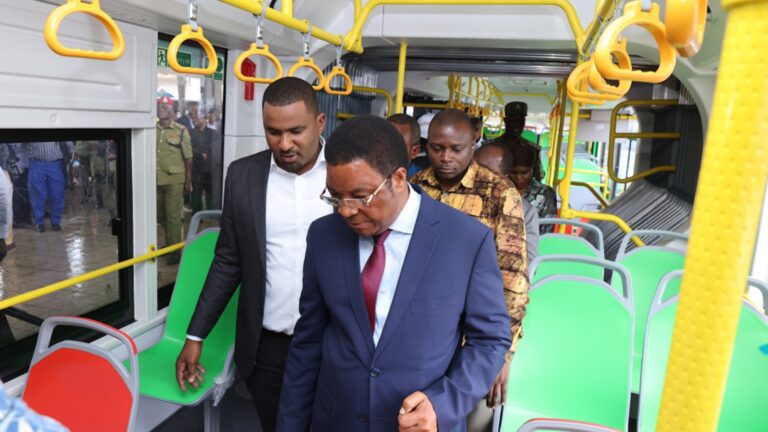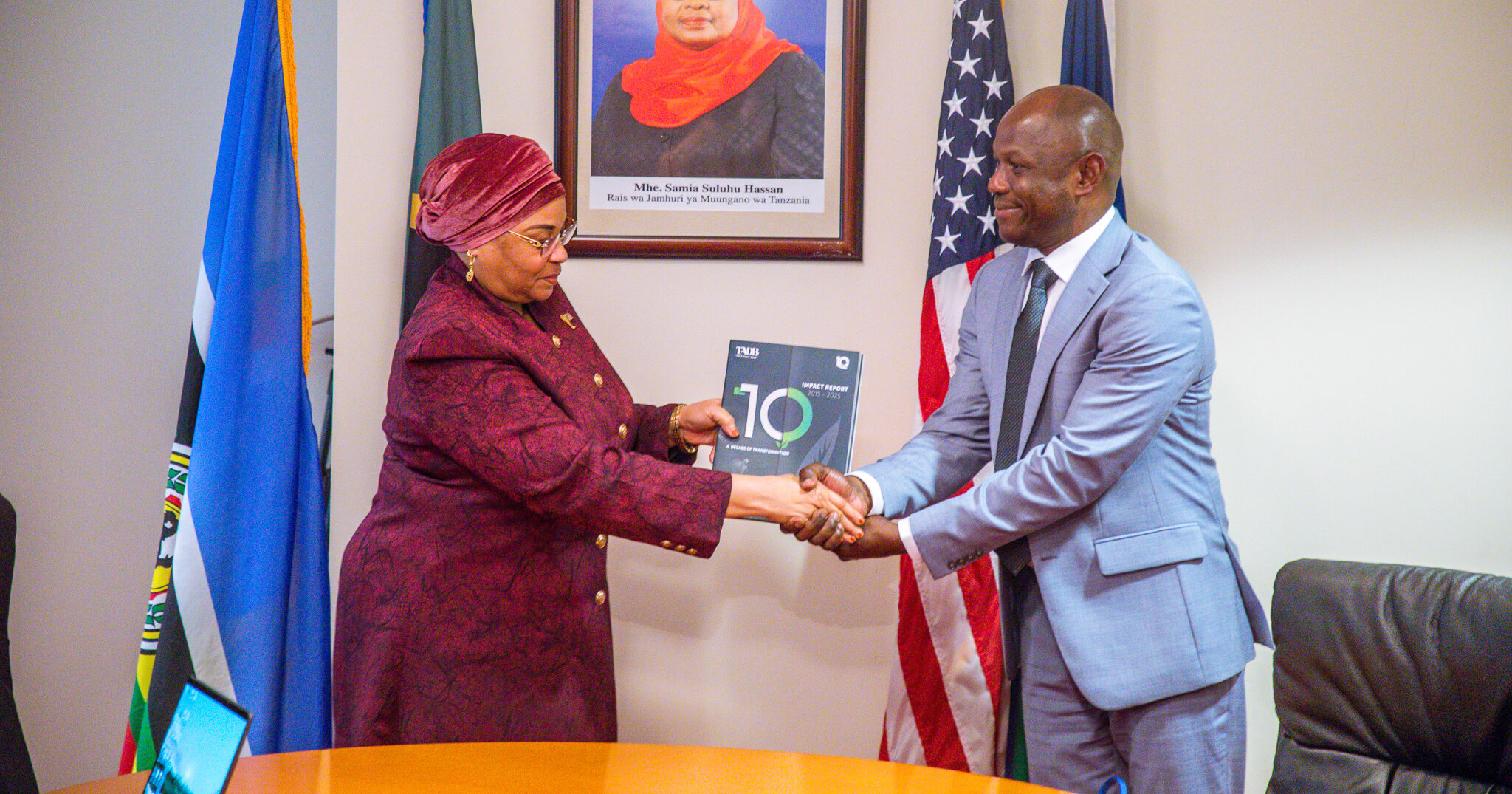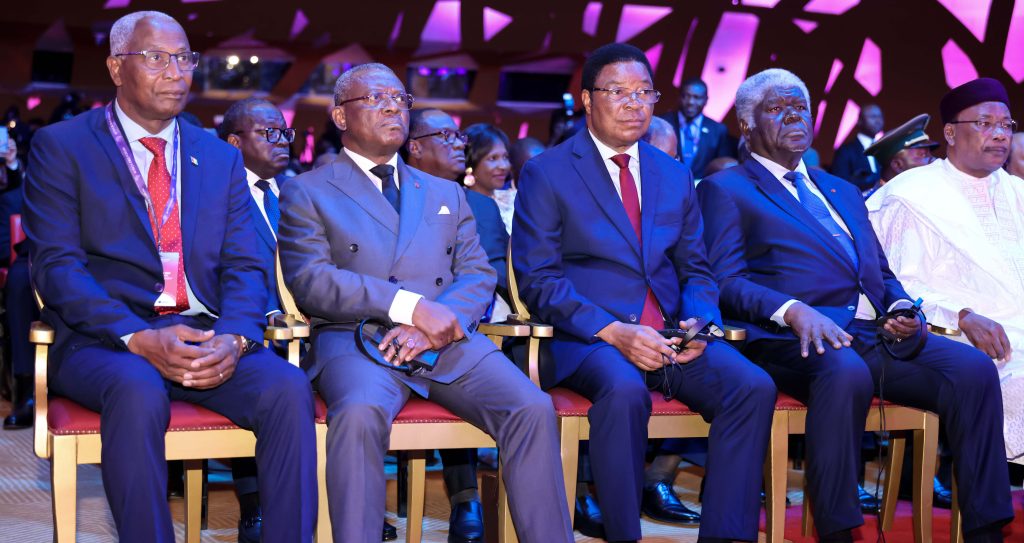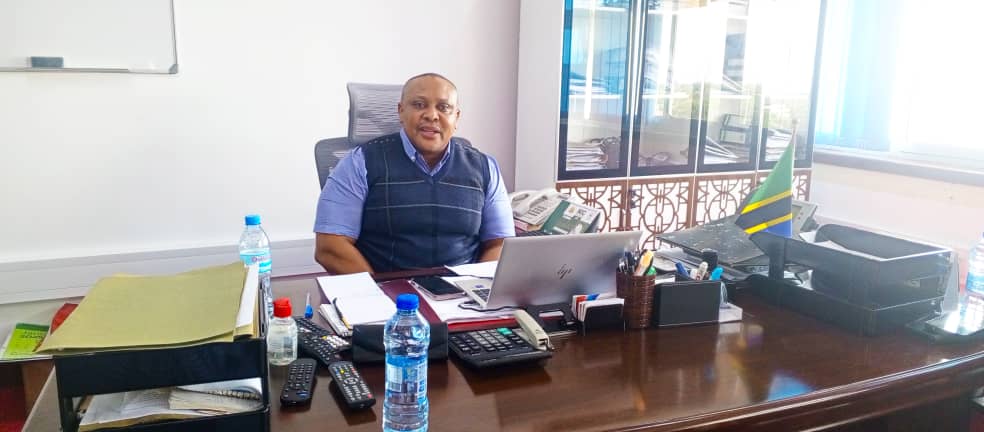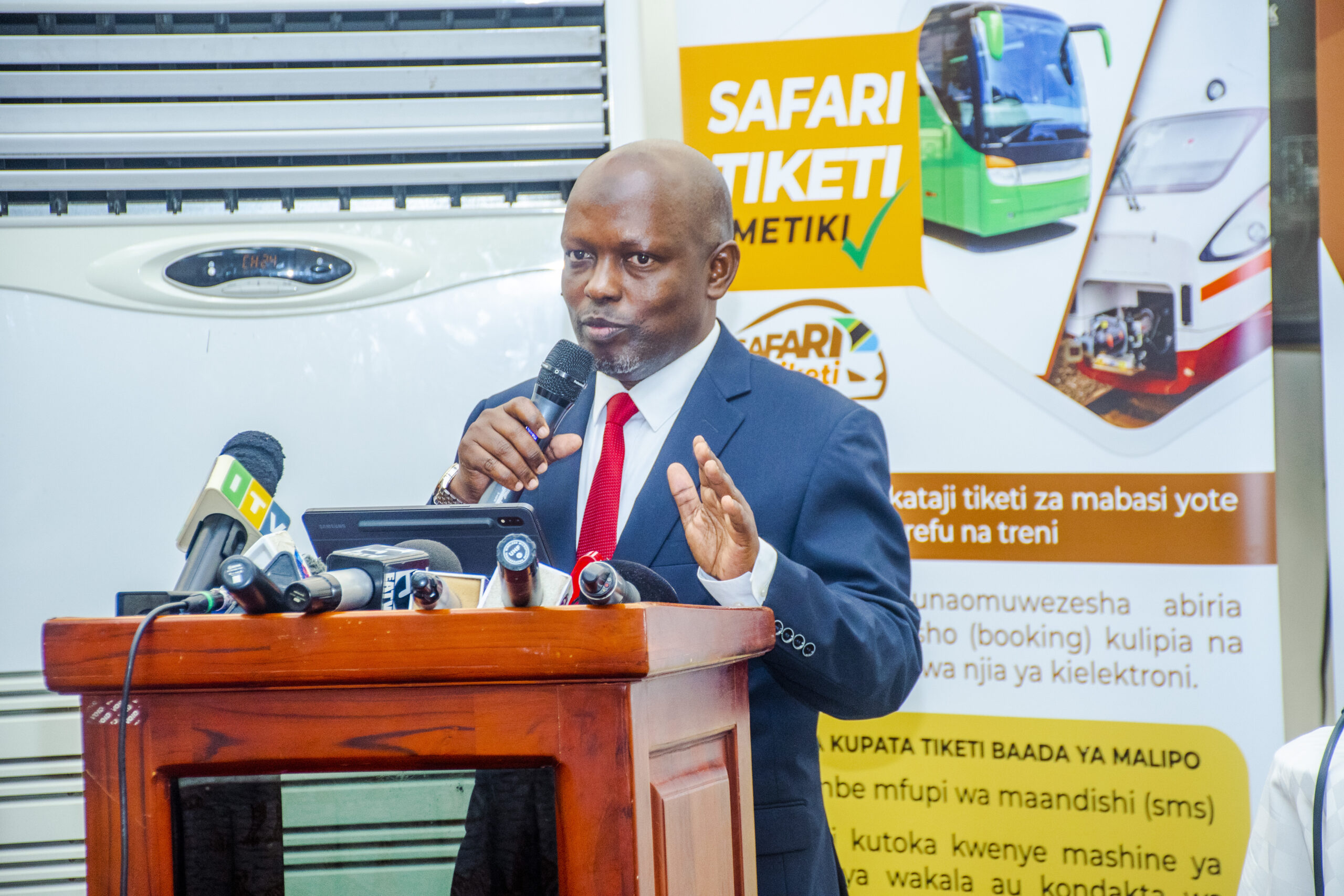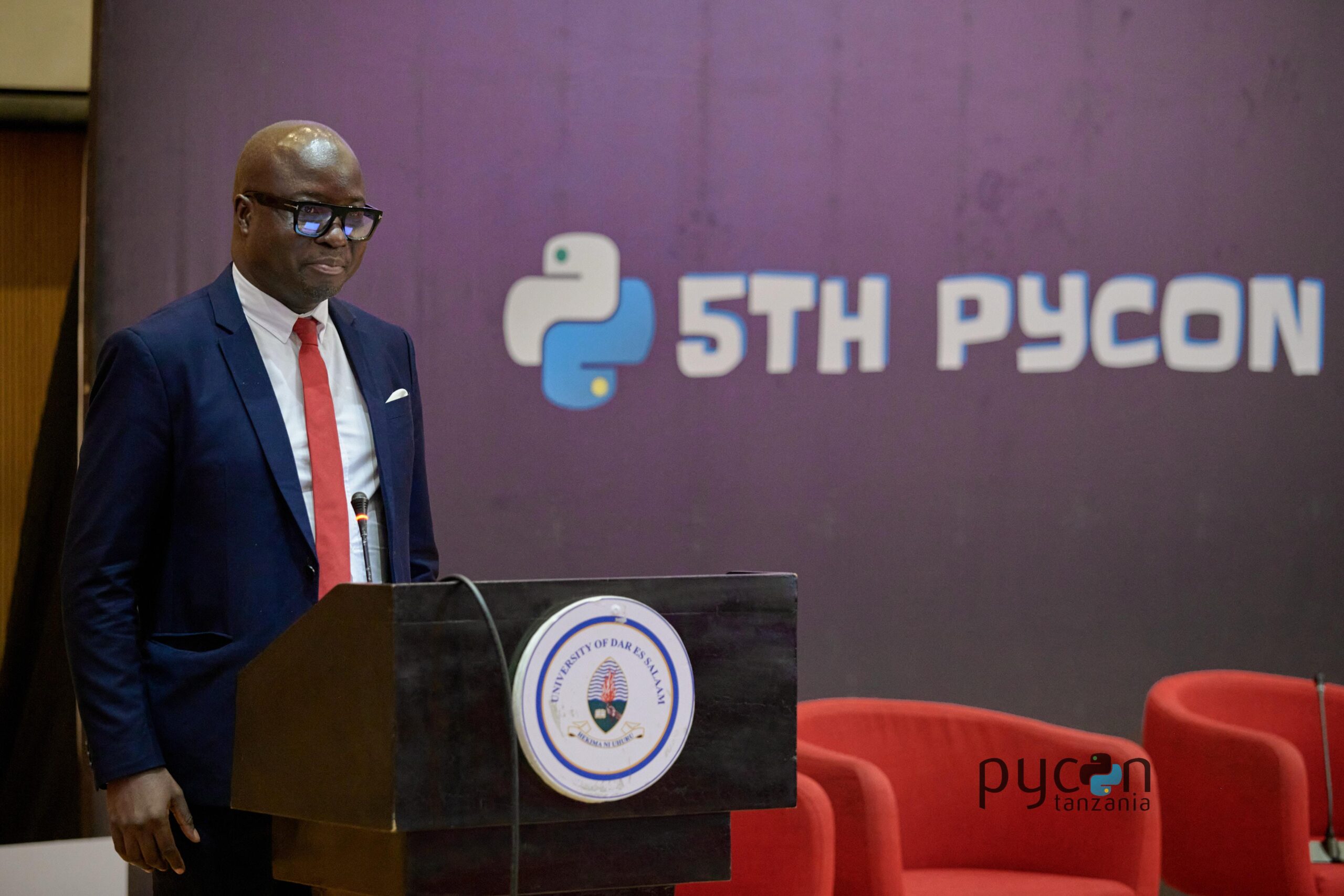Dar es Salaam. In an effort to stabilise Dar es Salaam’s beleaguered Bus Rapid Transit (BRT) system, President Samia Suluhu Hassan has announced a major shake-up in the leadership of DART and UDART.
The shakeup has been made simultaneously with the injection of 60 new buses into the Kimara–Kivukoni route.
The combined measures come amid mounting frustration among commuters, who have long faced overcrowding, frequent delays, and unreliable service on the city’s BRT network.
In the new appointments Mr David Zacharia Kafulia will serve as Chairman of the Advisory Board of Dar Rapid Transit Agency (DART), while Balozi Dr Ramadhani Kitwana Dau has been named Chairman of UDART (UDA Rapid Transit Public Limited Company (UDART)’s Board of Directors.
Operationally, Said Habibu Tunda becomes director general of DART, replacing Dr Athumani Kihamia, while Pius Andrew Ng’ingo has been appointed managing director of UDART, succeeding Waziri Kindamba.
The leadership changes aim to restore confidence in the city’s BRT system, which has been plagued by shortages, logistical inefficiencies, and declining commuter trust.
Prime Minister Kassim Majaliwa, speaking during an in-spection tour of the Kimara–Kivukoni corridor on Thursday October 2, said the expanded fleet would significantly reduce congestion along one of the city’s busiest transit arteries.
“After permitting private companies to operate on this route, we have decided to deploy 60 buses from MOFAT, which begin service today. The total fleet will now reach 90 buses, and this will go a long way in resolving the transport challenges that have recently arisen,” Majaliwa said.
The Prime Minister also emphasised the need to enforce electronic fare card usage to minimise revenue loss, di-recting DART and UDART to implement the system across all its services.
The combination of fleet expansion and managerial overhaul represents a recognition that technical and administrative reforms must proceed in tandem to improve service delivery.
Commuters travelling along the Kimara–Kivukoni corridor on Thursday reported immediate improvements in service.
“Today, the buses were punctual, and the journey was much smoother than usual,” said one passenger.
Mr Majaliwa also tasked the Dar es Salaam Regional Commissioner Albert Chalamila and DART management with supervising operations closely to ensure that new buses are deployed effectively and that electronic fare systems function properly.
He urged the public to trust the government’s efforts to resolve the longstanding transport challenges along the route.

